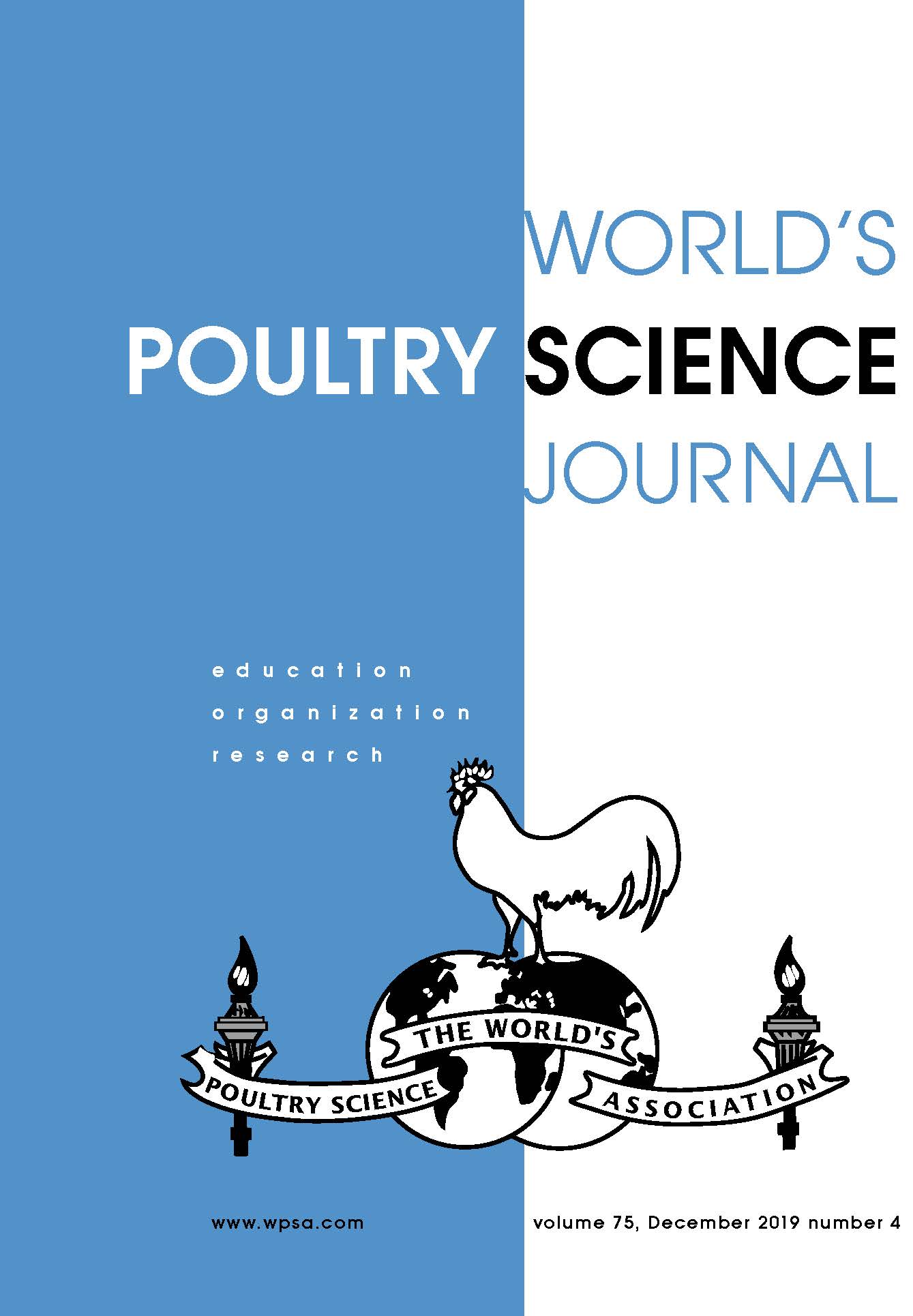Article contents
Lutein-enriched egg production for laying hens
Published online by Cambridge University Press: 23 September 2019
Abstract
Dietary lutein has received considerable attention in relation to human health because of its preventative effects on various eye diseases. Eggs are considered a good source due to good accumulation and relatively high concentrations of lutein. Therefore, many studies have been conducted to produce lutein-enriched eggs by various dietary regimens. Previous studies reported that purified lutein supplements, at the inclusion levels of up to 1,000 mg/kg, increased concentrations by up to10-fold in eggs. However, a linear increase in lutein concentrations in eggs failed to show further increases at very high inclusion of lutein supplements. The use of feed ingredients high in lutein such as corn co-products, alfalfa meal, marigold flower extracts, algae-derived products, and even food ingredients have successfully increased lutein concentrations in eggs. For instance, inclusion of 20% corn distillers dried grains with solubles (DDGS), 7% corn gluten meal, 2% marigold flower extracts, or 2% chlorella products in layer diets showed more than two-fold increase in lutein concentrations in eggs. However, the efficacy of those ingredients for lutein retention in eggs was highly variable and depended on inclusion levels in diets and feeding periods. Finally, non-dietary factors such as management systems, environmental stress, disease, age, and breed may affect the lutein concentrations in eggs; however, limited information is available in this regard.
Keywords
Information
- Type
- Review
- Information
- Copyright
- Copyright © World's Poultry Science Association 2019
References
- 7
- Cited by

